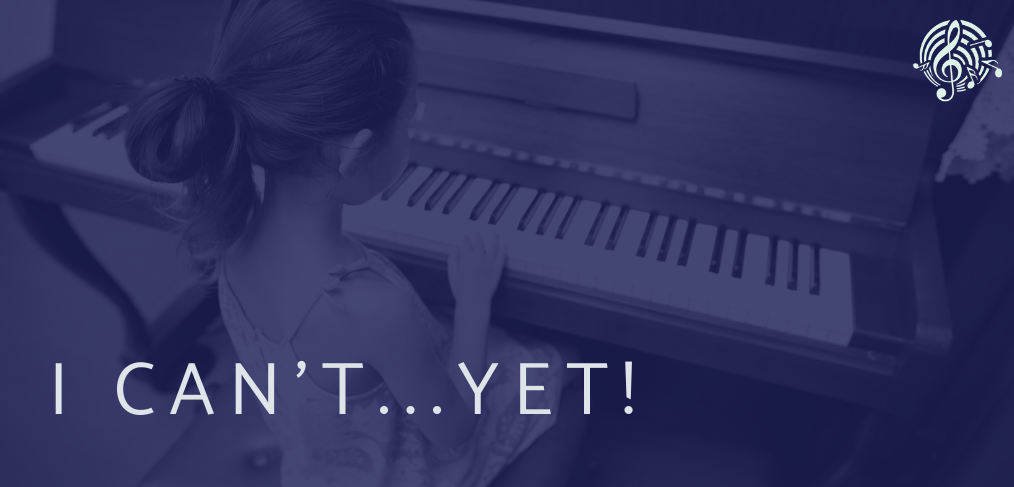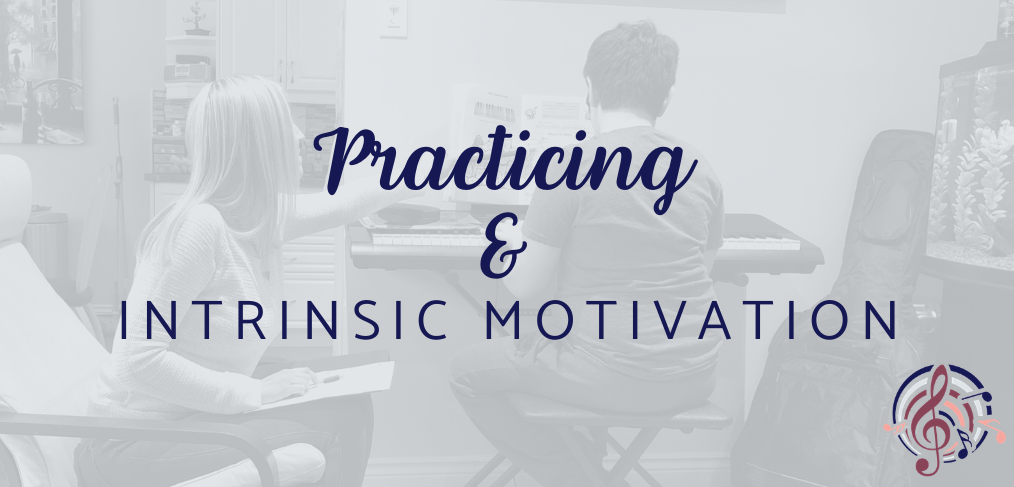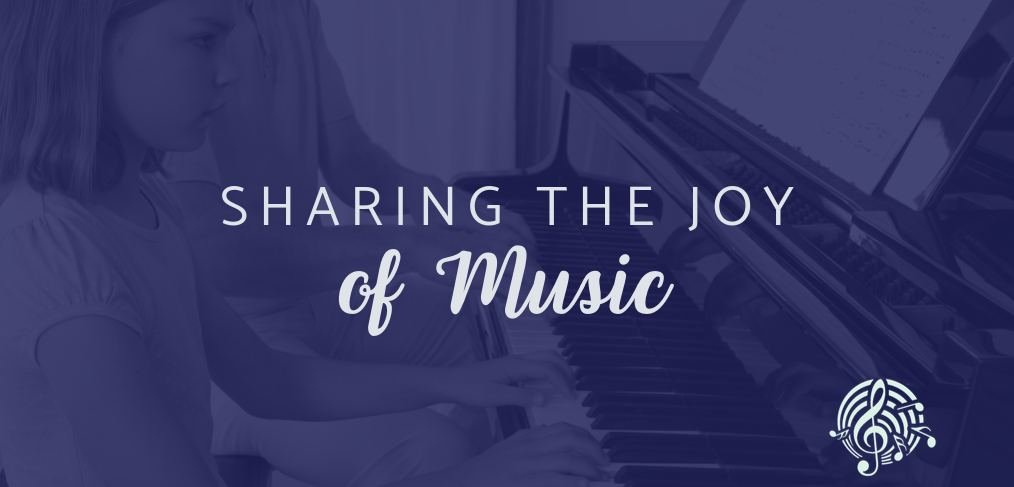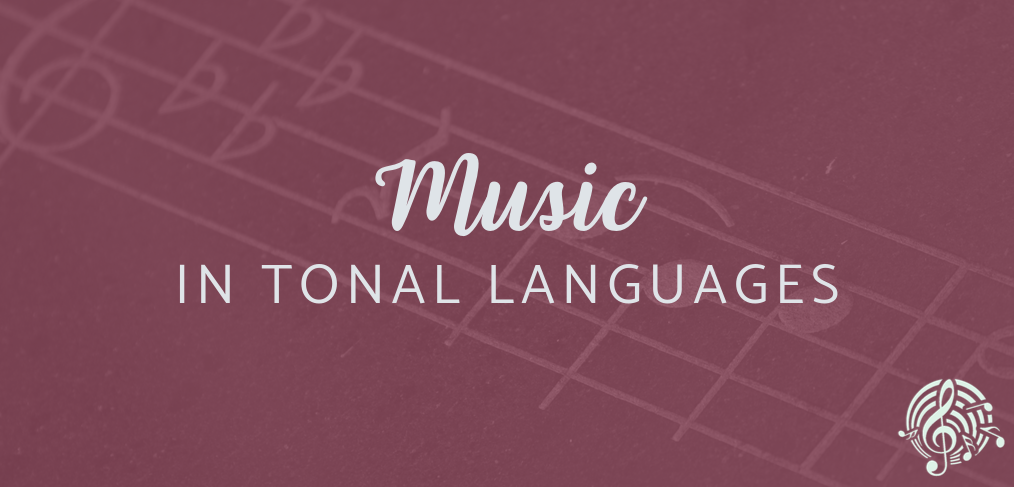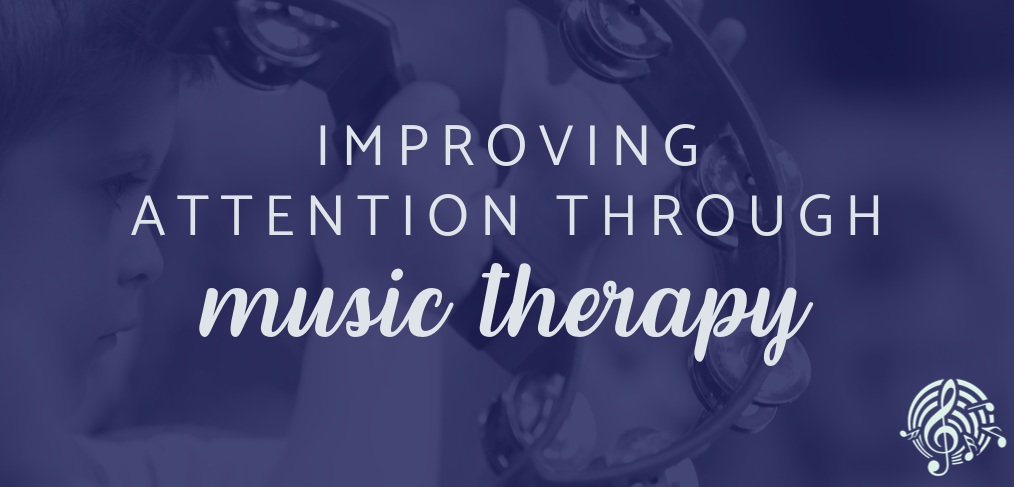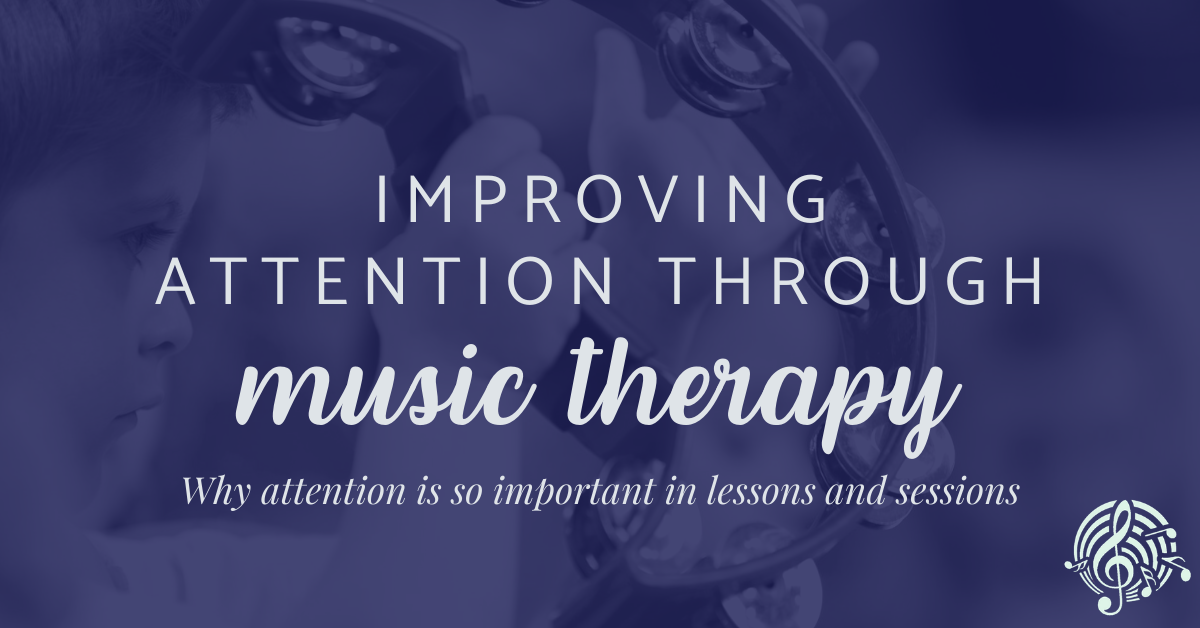Cultivating a growth mindset in music therapy and music education
A while back, I had the privilege of teaching a student who had given me a look while playing a difficult song and said, “wait, don’t help me, I can do it!” I was so impressed by the student’s willingness for independent learning that it made me rethink teaching approaches of not only music, but also of the mindset of my students.
So many times as a teacher, therapist, and caregiver, I have heard the words “I can’t,” “I don’t know,” or “I need help” after asking a question. Our desire for immediacy in answers and to “help” when people are in need can result in taking away a person’s ability to learn on problem solve on their own.
To combat this learned helplessness here are some phrases we can use to redirect and implement for not only the students, but also for ourselves when we are struggling with a task and doubting our abilities:
- I don’t know right now, but I will be closer after I work on…
- Please give me a minute to think about what should come next!
- I’m confused about __________ (an exact point).
- I know how to do ___________ but don’t know _________. The next step that makes the most sense is __________.
- In the past when I didn’t know, one thing that worked for me was ___________.
- I improve when I practice.
- Let me try a different strategy.
- “I can’t do it … yet!” and try again.

